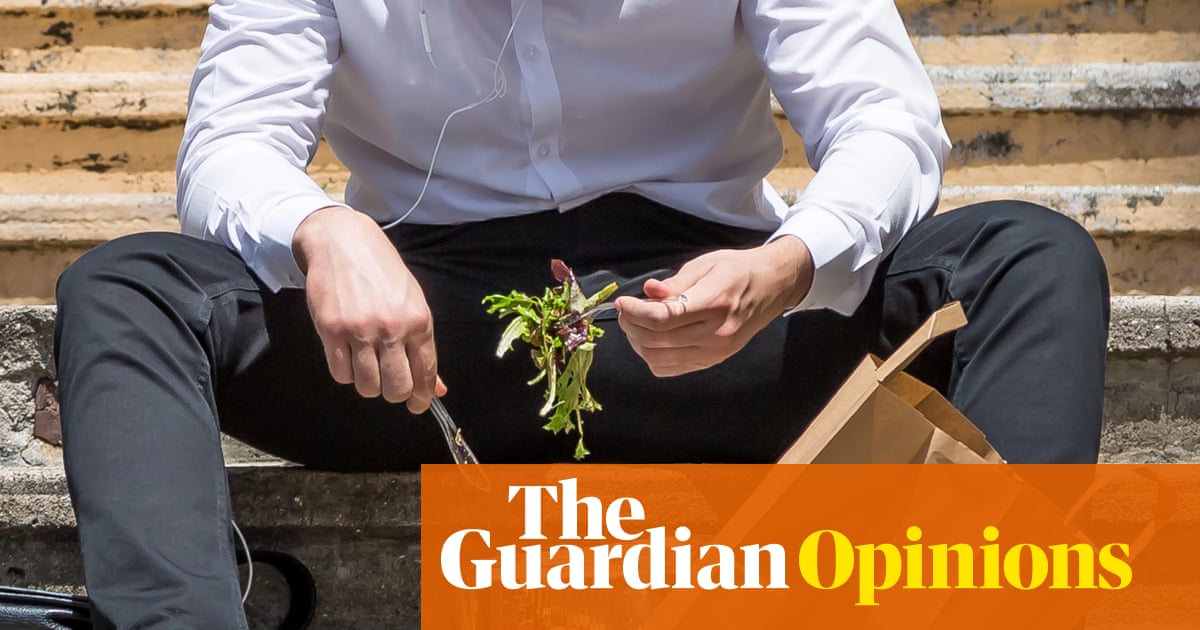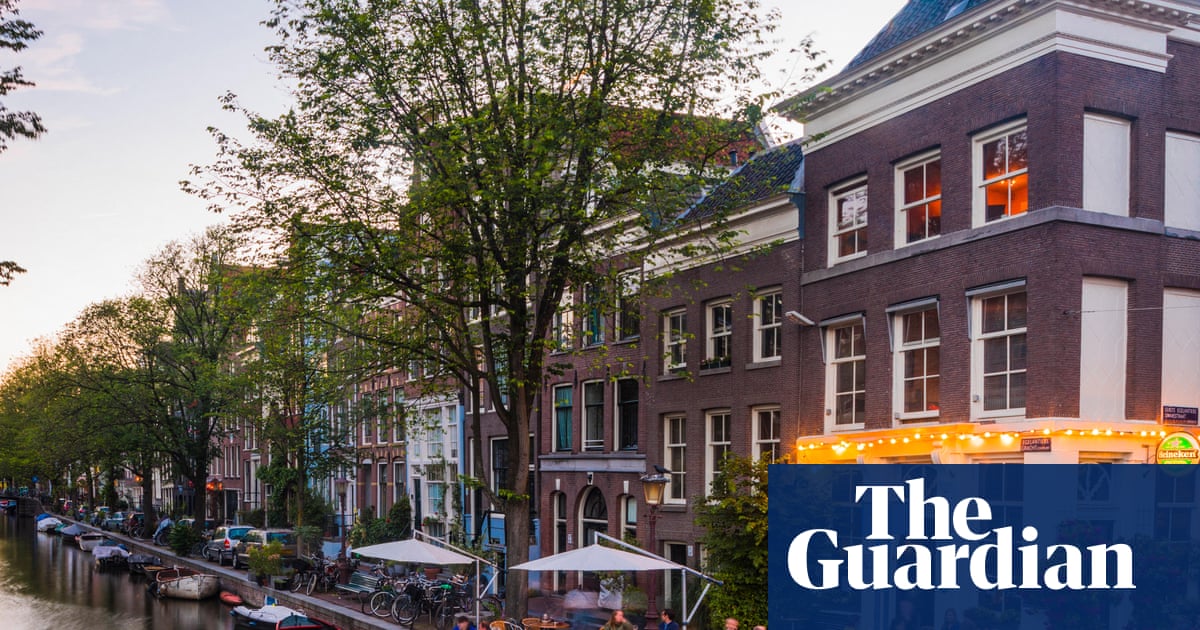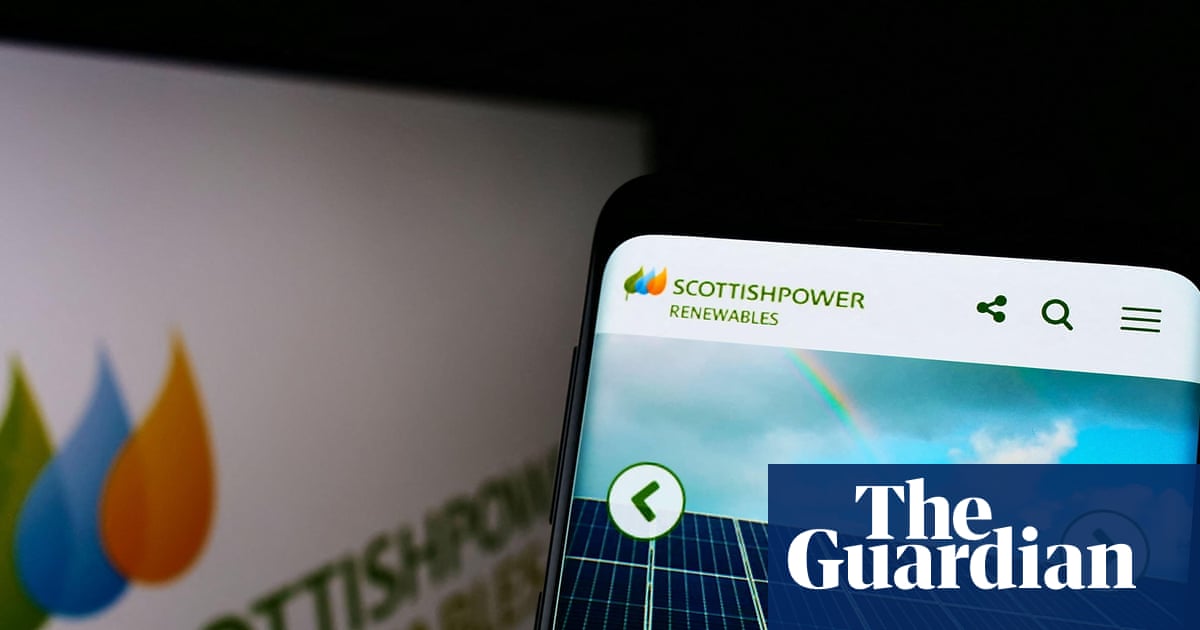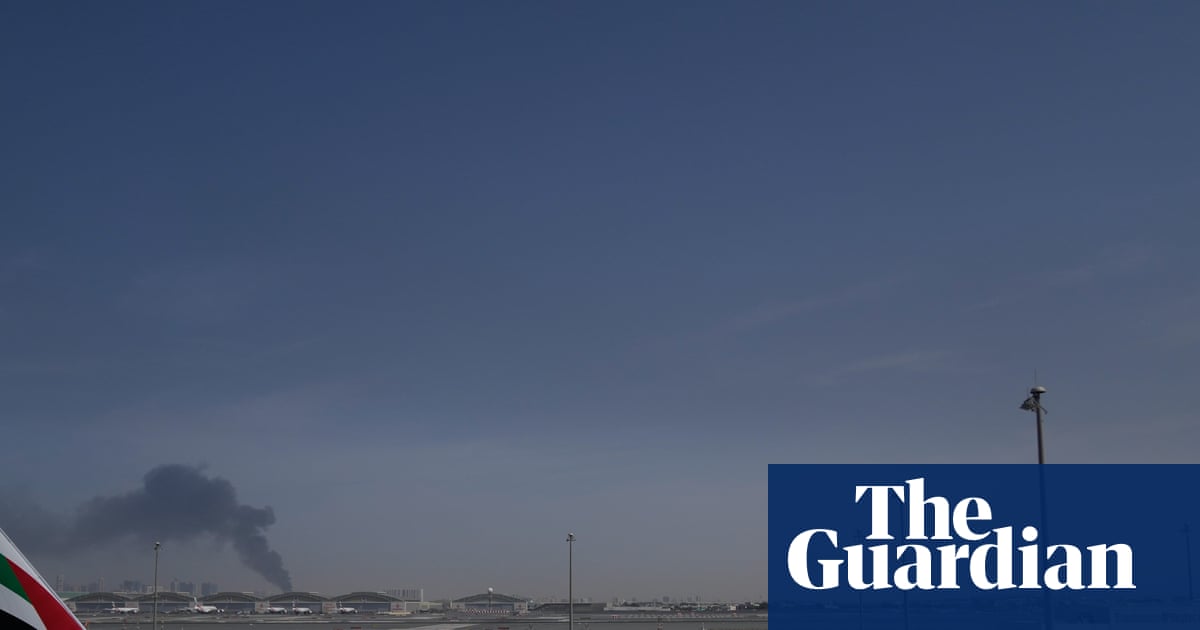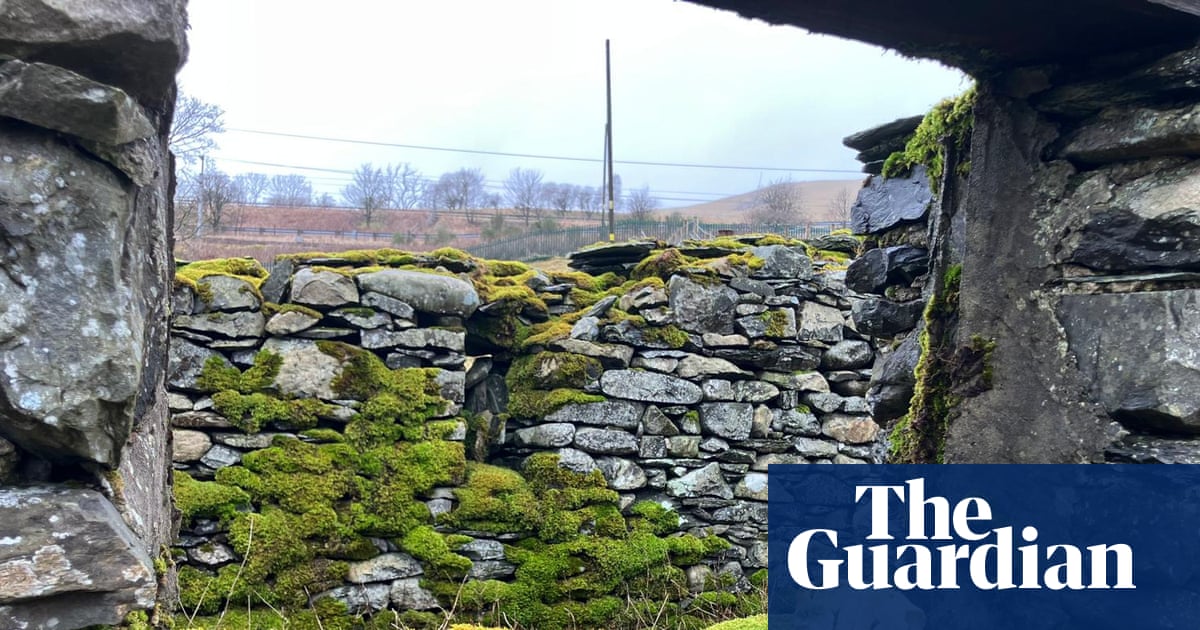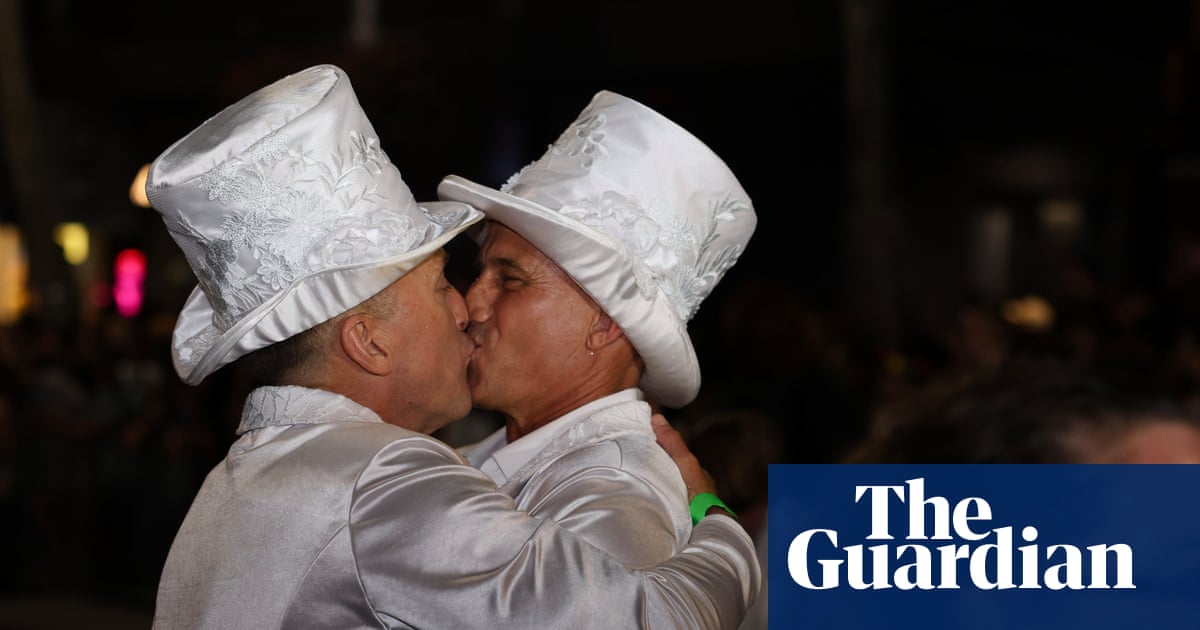Artists including Billie Eilish and Neil Young and festivals across the world have taken action to make their concerts more sustainable by harnessing green power.
The concept is being taken a step further in the south-west of England next summer when a “clean power hub” is set up in Bristol that festivals, large gigs and film crews will be able to tap into.
It is claimed to be the first time anywhere in the world that local administrations – in this case Bristol city council and the West of England mayoral combined authority – have guaranteed a supply of clean power to events and artists on such a scale.
Tony Dyer, the leader of Bristol city council, said making a city carbon neutral required all sections of the economy, including culture, to take action.
He said: “This is a welcome approach to exploring how we can support the events sector to move away from the use of fuel-driven generators, in turn improving air quality and lowering emissions.”
Describing it as an exciting development, Helen Godwin, the mayor of the west of England, said: “People across the west love culture and love our environment. Clean energy and the creative industries are both key growth sectors for us over the coming decade.”
Last summer a festival produced by the Bristol trip-hop giants Massive Attack in their home city used battery power and was credited with producing the lowest-ever carbon emissions for such an event.
The new scheme takes the concept further. Two sites have been chosen for the power hub in Bristol to which electricity from the National Grid, provided by 100% renewable suppliers, will be delivered. It will be stored in an array of batteries that can be taken to the site of whichever event or crew needs it.
Mark Donne, the lead producer of Act 1.5, a collective bringing together artists, technicians and scientists for the project, said no government or commercial body had attempted such a scheme on this sort of scale.
He said: “It’s essentially providing clean mobile power for an entire event season – festivals, other cultural events and film and television productions.”
Donne said he expected more than 20 events would source their power from the scheme rather than using generators, which can harm the environment and the health of people who work at and attend festivals.
Music festivals such as Love Saves the Day, which takes place at the Ashton Court estate in Bristol in May, and Forwards Bristol on the Downs in August are expressing interest. “Everyone is incredibly enthusiastic,” Donne said.
He accepted some event organisers may be nervous but said they could be persuaded to go 50/50 on clean power and conventional. “We’re realistic. Some people have long-running events and they have a formula, a way of working,” he said.
The project has also talked to some of the many film and television production companies that visit the south-west for the summer. “Three big production companies have said, yes, emphatically, we’re going to make use of it. So it’s really two creative sectors making use of all of the hardware,” Donne said.
He added he believed the environment and health benefits would be “extremely significant” but, at the end of it, experts at Tyndall Manchester, which carries out research on climate action and sustainability, will examine the impact.
He said: “This is a clean-air strategy as well as a climate one, and a world-first for Bristol.”

.png) 3 months ago
42
3 months ago
42



